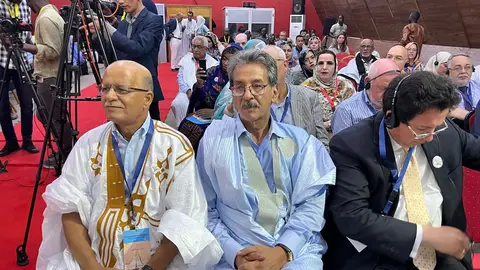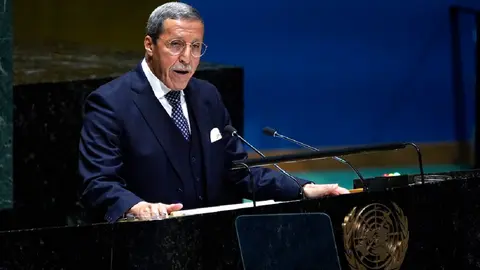De Mistura complicates Sahara crisis by involving South Africa
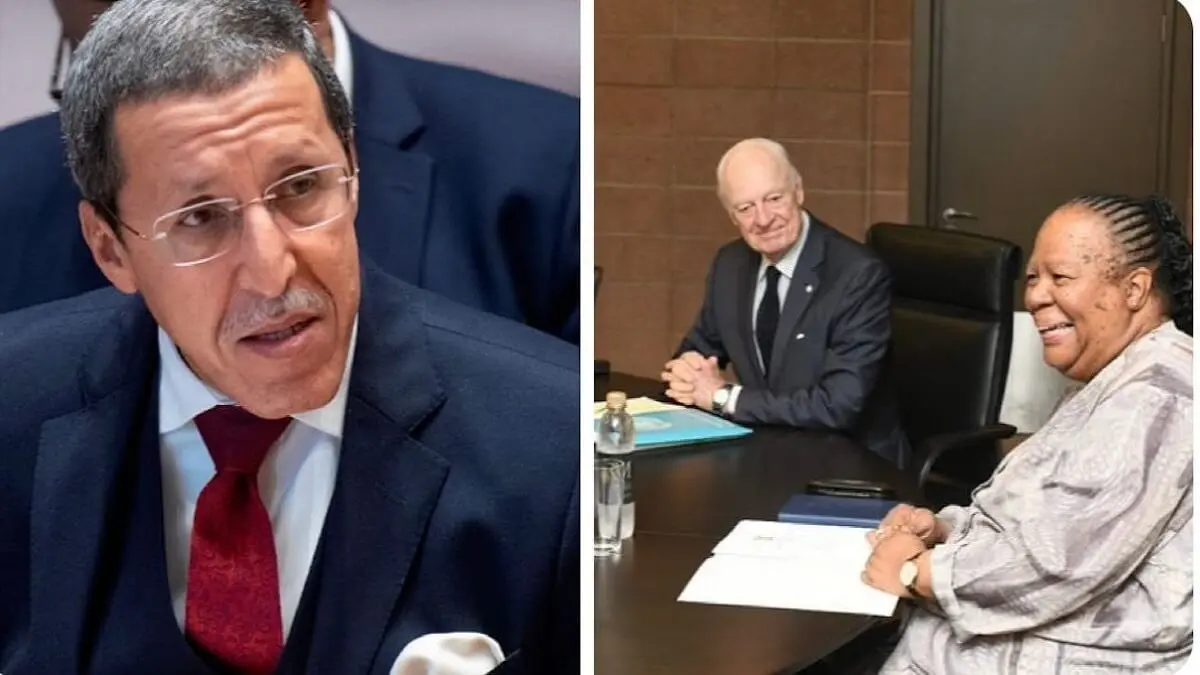
The UN Secretary-General's Special Envoy for the Sahara, Staffan de Mistura, has come under fire after responding last week to an invitation from South Africa to address the Sahara issue.
Because the South African government is known for its lack of impartiality on the issue, Morocco's ambassador to the UN, Omar Hilale, has stressed that the Kingdom will not allow part of its country to be turned into "a diplomatic manoeuvring ground" by Pretoria, which supports Algeria and the separatist Polisario Front group.
In an official response to the visit, which falls outside the scope of de Mistura's actual mission in the region, Hilale confirmed that "at no time was Morocco consulted or even informed" of the trip. In fact, according to the Moroccan diplomat, as soon as it became aware of this visit several weeks ago, Rabat expressed directly to De Mistura and the UN Secretariat its "categorical objection to this meeting, as well as its rejection of any interaction with Pretoria on the Moroccan Sahara issue, presenting legitimate and objective reasons".
The Kingdom informed De Mistura of the various factors preventing South Africa's intervention in the Sahara issue. The most important of these is South Africa's recognition of the Polisario Front, as well as its political, diplomatic, media and military support.
The South African foreign ministry did not reveal details of the meeting between De Mistura and South African chief diplomat Naledi Pandor to address the Sahara issue, although Pandor confirmed at a press conference that he needed time to respond to the 'proposals', noting that the meeting was 'useful'.
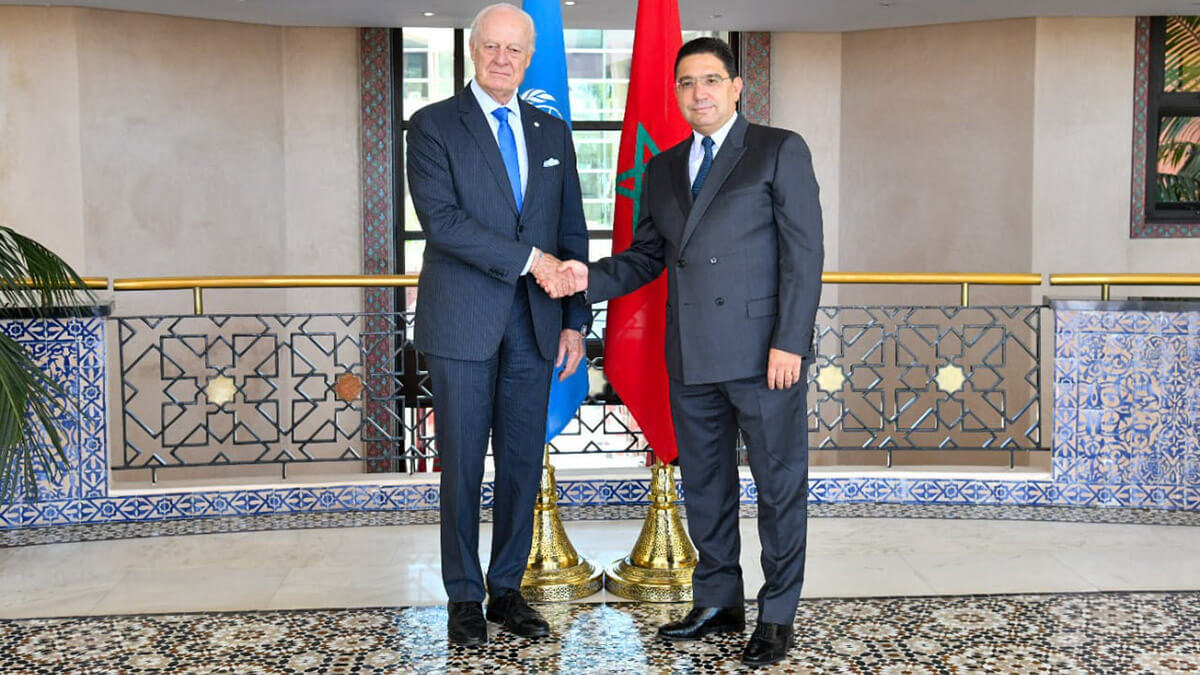
Because De Mistura failed to convince Algeria and the Polisario to resume the round tables organised by the former UN envoy, the official UN spokesman, Stéphane Dujarric, justified the visit by indicating that De Mistura had planned to "talk to the parties with whom he believes he wants to discuss the dossier, as this is part of his mandate".
For his part, the head of the Sahrawi Observatory for Media and Human Rights, Mohamed Salem Abdel Fattah, explained that the UN envoy's meeting with South Africa, "which is considered hostile in its positions towards the Kingdom and not concerned about the conflict", undoubtedly "undermines the peace efforts made by the United Nations and the tasks of De Mistura personally, who is supposed to be at the same distance from all the parties and the countries involved who take balanced positions on this issue".
Fattah explained to Al-Arab that "South Africa's blatant support for the separatists after their rejection of the ceasefire agreement complicated the political process and undermined stability in the region". It also obstructs "the good efforts made by the international community in this conflict and hinders and complicates the rapprochement". "The parties concerned are at the negotiating table, which has been deadlocked for many years," he added.
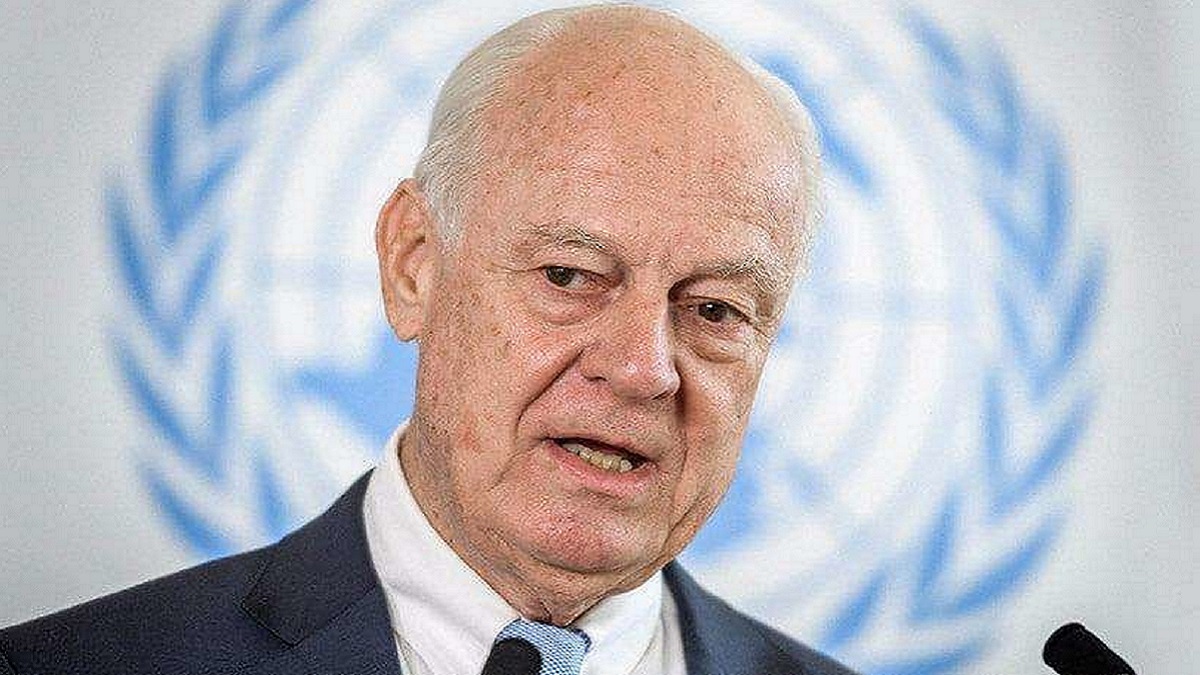
The head of the Sahrawi Observatory for Media and Human Rights also believes that, in the recent period, South Africa's role in this issue "has increased in an attempt to support its ally, Algeria".
In response to this visit, Stéphane Dujarric clarified that De Mistura has the right to consult on the Sahara issue with interested countries - members as he described them - and even with non-interested countries, "with the aim of moving the international process forward".
Omar Hilal, in a press conference, expressed the hope that this meeting "is not a challenge to Morocco by De Mistura, but rather a simple miscalculation of South Africa's true position". In any case, Morocco clearly warned of the consequences of his visit on the political process of the issue.
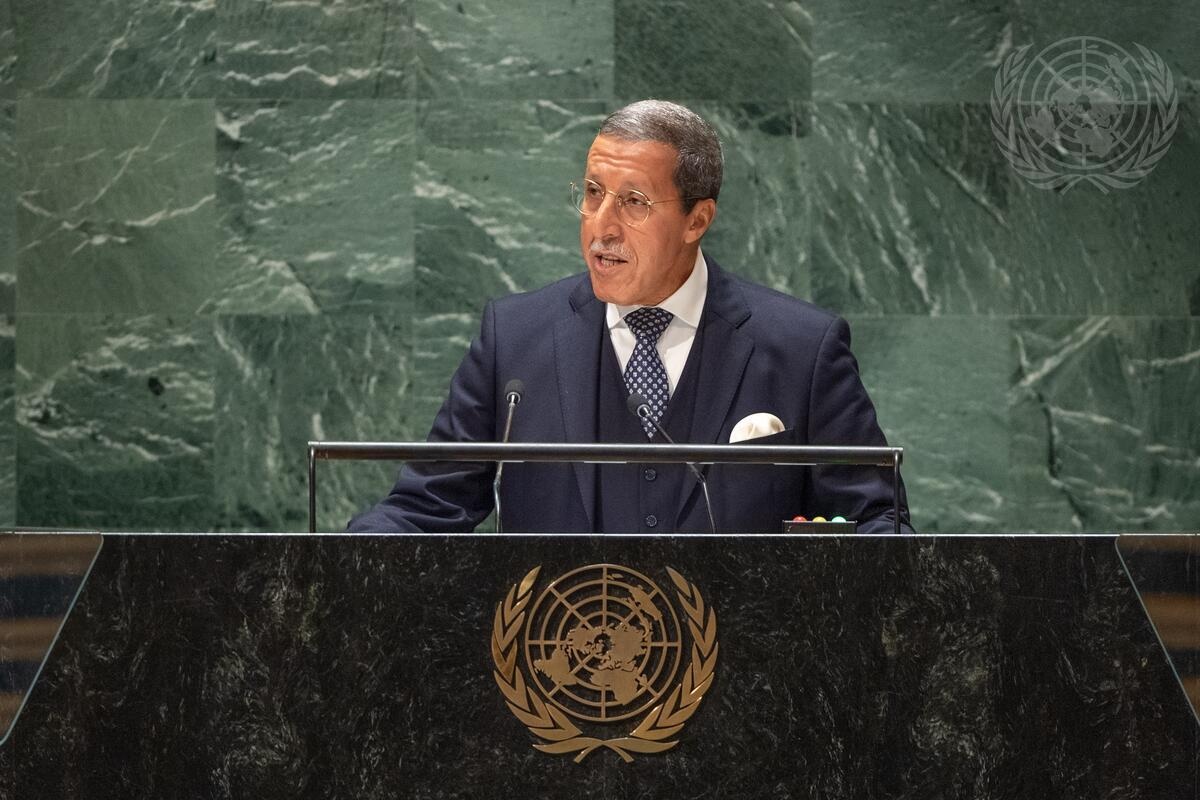
De Mistura's letter of appointment by the UN Secretary-General stipulates that he is to work exclusively with the four parties involved in the political process within the framework of the Security Council resolutions since 2007, including Resolution 2703 of 30 October last, which does not indicate that South Africa has any role in the political process.
Morocco, for its part, undertakes to respect the rules established by the Security Council resolutions within the framework of its sovereignty and territorial integrity. This proposal reinforces the broad international recognition and support for Moroccan sovereignty over the territory, which has been demonstrated by the opening of numerous diplomatic representations in the southern provinces.

The head of the Saharawi Observatory for Media and Human Rights stressed that the supporters of secession, opposed to the territorial integrity of the Kingdom, are trying to introduce other actors to confront the Kingdom on the international stage.
Regarding the political solution that the Kingdom of Morocco is emphasising to preserve its territorial integrity, Omar Hilal affirmed that "there is only one approach, which is represented by round tables, with the exclusive participation of Morocco, Algeria, Mauritania and the Polisario Front, as recommended by successive Security Council resolutions".
To reinforce trust between the Kingdom and the UN envoy, the Moroccan diplomat expressed his hope that De Mistura would devote more efforts to convince Algeria to resume roundtable negotiations, as he did in 2018 and 2019.

